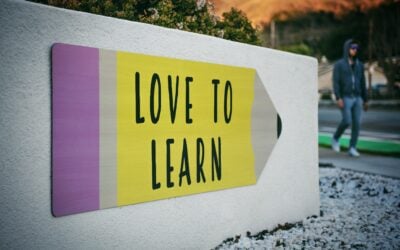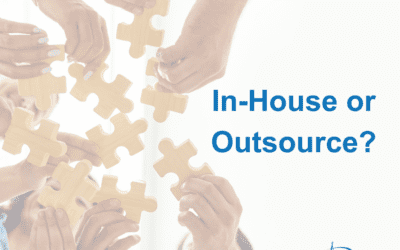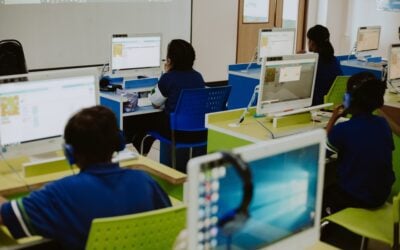Social-emotional learning (SEL) facilitates learning for K-12 students as an integral part of their education. The methodology helps students form a healthy sense of self-awareness, interpersonal skills, and self-control that extend far beyond the classroom. Toward that end, K-12 publishers can create digital materials for social-emotional learning (SEL). These efforts support districts, schools, and teachers, which aids student development and learning. Publishers can utilize these 4 ways to support SEL digital learning.
1.) Create Materials to Support Digital Citizenship for SEL Learning
First, publishers can help students become more aware of the positive and negative effects that digital media have on them. For instance, digital learning materials and distance learning are integral aspects of student learning. However, too much or low-quality screen time can have adverse effects. Therefore, publishing leaders can create digital lessons that help students reflect on media balance, a characteristic of digital citizenship. Ultimately, the lessons should help students employ their agency to use technology in meaningful, healthy, and balanced ways.
2.) SEL Supports Equity and Access
Equally important, publishers can champion equity by providing accessible digital materials — because, without access, true SEL cannot exist. Therefore, learning materials should be accessible through different tech methods for teachers and students. For instance, publishers can create electronic grade books, digital portfolios, and real-time feedback on student and teacher performance. Thus, publishers can also incorporate learning games into digital learning materials and produce tools that mix text-to-speech/speech-to-text and translation.
3.) Create Materials for Professional Development to support SEL
Besides that, materials cannot be effective unless educators are trained on how to use them. Publishers can produce professional development materials for teachers, helping them to implement SEL learning strategies. Therefore, training can alleviate the frustration teachers may feel from not being able to properly use a digital learning tool. It can also help prevent over-use and underuse of digital tools.
4.) Create Materials for Project-Based Learning
Most importantly, publishers can create project-based digital learning materials to support SEL. When students collaborate and coordinate their efforts to complete projects, they build their SEL skills. Thus, publishing leaders can create digital-based projects for classroom learning and community-based learning. These projects can encourage children and adults to work together for a common goal and create positive change for their environment.
In summary, SEL digital learning materials can help K-12 students form better self-awareness, self-control, and interpersonal skills. When publishers follow these four strategies, they can create materials that support K-12 leaders and educators. Educators, in turn then, can support the social-emotional development of their students.




